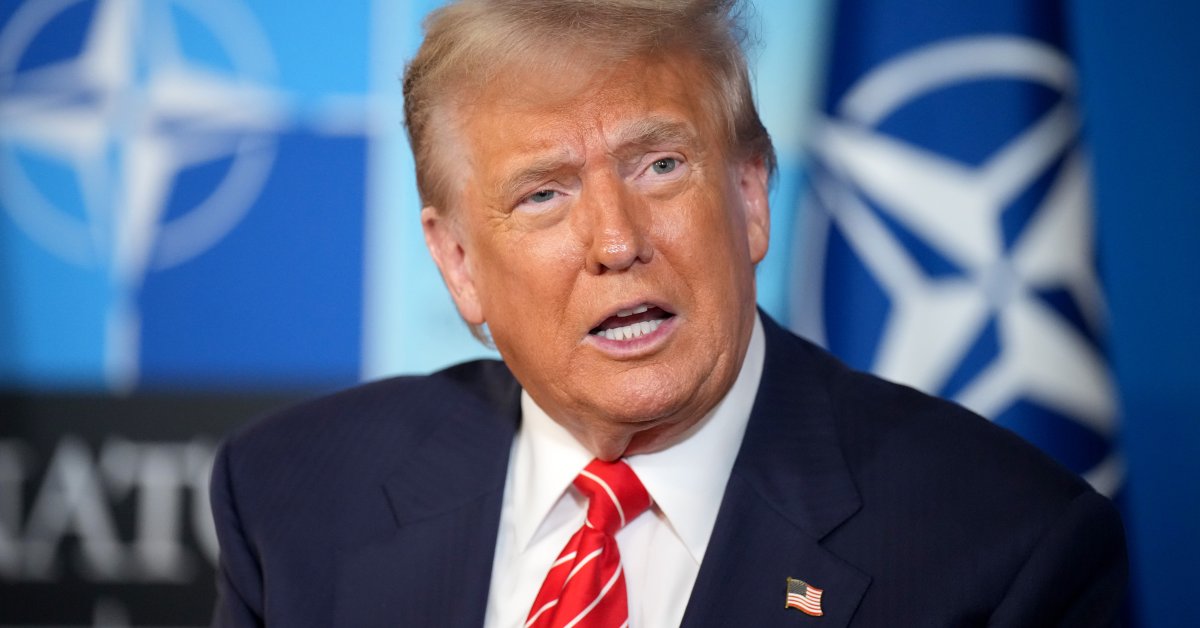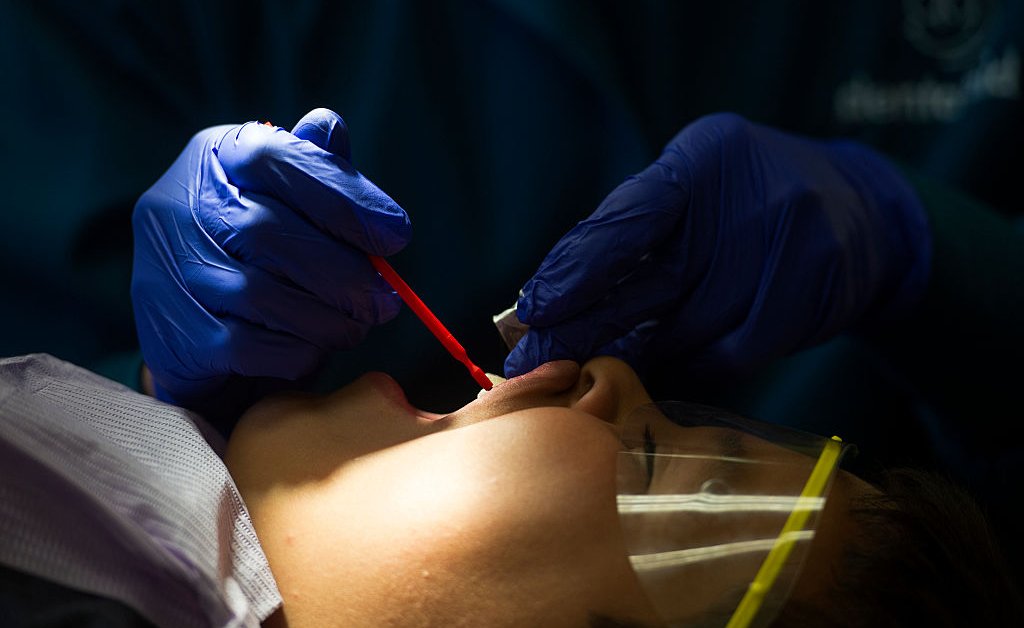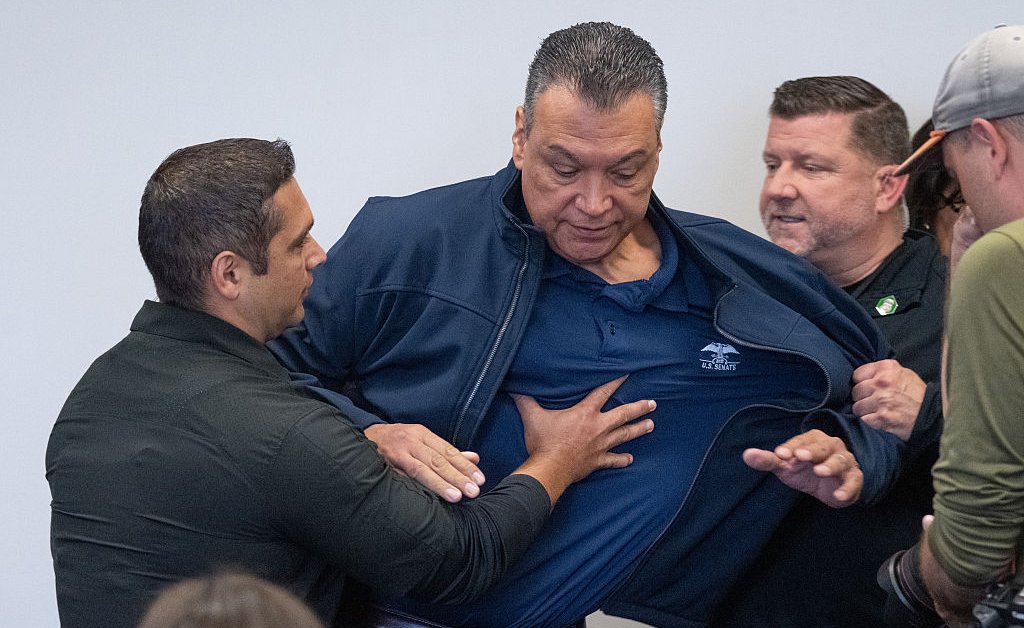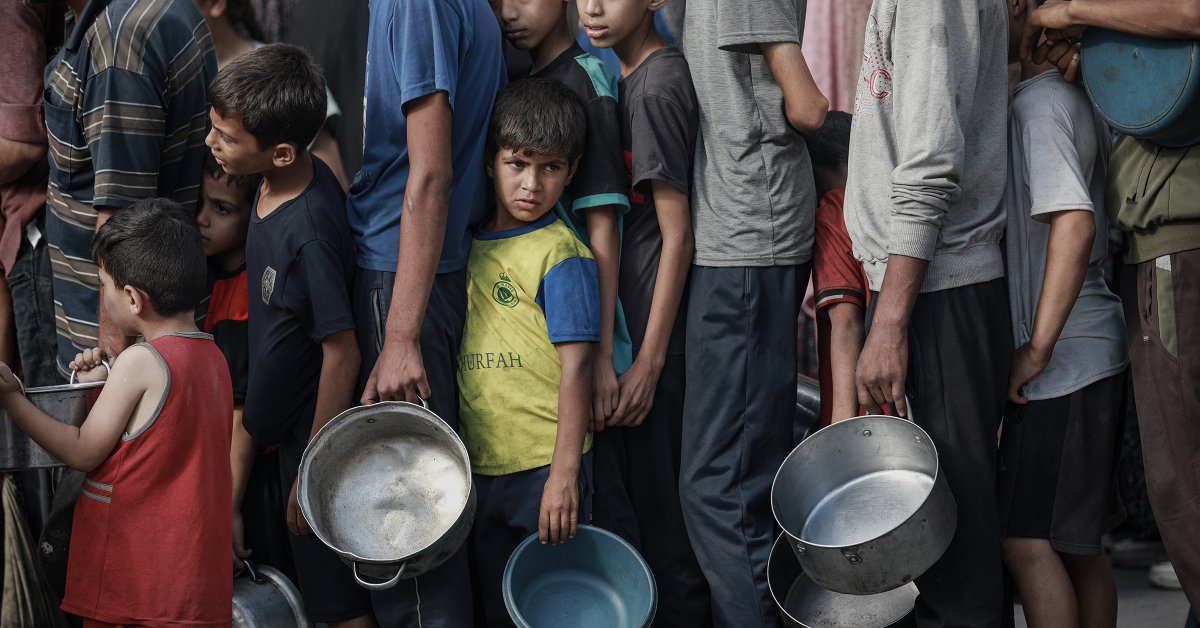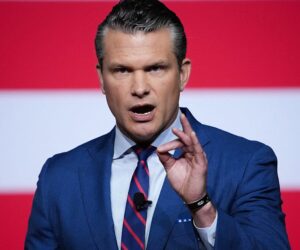NATO members also discussed defense spending, with the United Kingdom set to buy at least a dozen F-35 capable of carrying nuclear warheads, and Spain showing restraint on committing to the 5% defense spending target.
The war in Ukraine was a key focus of the summit too, with leaders reiterating their support for President Volodymyr Zelensky as Russia continues its invasion of Ukraine, posing an ongoing, prevalent concern for European security.
Here are the key takeaways from the 2025 NATO Summit.
Debate over the effectiveness of U.S. missile strikes on Iranian nuclear facilities
Early U.S. intelligence on the weekend strikes carried out in Iran reportedly suggests that they were not as effective as initially thought, in stark contrast to Trump’s assertion that the strikes “totally obliterated” the three key nuclear facilities.
Speaking at NATO, Trump doubled down on his previous statements, saying that the operation “was very, very successful. It was called obliteration. No other military on Earth could have done it.”
The President cited a report from the Israel Atomic Energy Commission, saying it found that U.S. strikes “destroyed the site’s critical infrastructure and rendered the enrichment facility totally inoperable. It was devastated.”
Per Trump, the report concluded that Iran’s ability to develop nuclear weapons had been set back “for many years to come.”
Israel’s military meanwhile, has said that it’s “still too early to determine” the exact outcome and effectiveness of the strikes upon Iran’s nuclear infrastructure.
Trump was also asked at NATO about sanctions on Iran and its capability to continue selling oil to China, its main trading partner in the industry. “I could stop it if I wanted and sell China the oil myself. I don’t want to do that,” Trump said. “We’re not taking over the oil. We could have, you know, I used to say with Iraq, ‘keep the oil.’ I could say it here, too.”
Sitting with NATO Secretary General Mark Rutte, Trump was asked by reporters if the U.S. would strike Iran again, should it rebuild its nuclear facilities. To which the President responded: “Sure, but I’m not going to have to worry about that. It’s gone for years.”
Read More: A New Middle East Is Unfolding Before Our Eyes
Trump reacts after he’s referred to as “daddy”
When praising Trump’s intervention in the Israel-Iran conflict, Rutte referred to the U.S. President as “daddy.”
Trump compared Israel and Iran to “two kids in a school yard” who “fight like hell,” to which Rutte, referencing Trump’s intervention, said: “Then daddy has to sometimes use strong language.”
(In an outburst ahead of the summit, Trump told reporters outside the White House on Tuesday: “We have two countries that have been fighting for so long and so hard, that they don’t know what the f-ck they’re doing.”)
The remark from Rutte seemed to catch the room off-guard, and Trump was later confronted about the moment during a press conference.
When asked asked if he considers NATO members to be like “his children,” Trump said of Rutte’s comment: “He likes me, I think he likes me. If he doesn’t, I’ll let you know. I’ll come back, and I’ll hit him hard, OK? He did it very affectionately… ‘daddy, you’re my daddy.'”
NATO allies agree on 5% defense spending target and an “ironclad” Article 5 commitment
In a joint statement from 32 NATO leaders at the summit, the countries agreed to 5% of annual GDP going on “core defence requirements as well as defence-and security-related spending” by 2035.
“We remain united and steadfast in our resolve to protect our one billion citizens, defend the Alliance, and safeguard our freedom and democracy,” the statement read.
The 5% target is well beyond what any NATO country currently spends on defense, and a significant increase on the previous 2% guideline laid out by the organization. As of 2024, Poland spends an estimated 4.2% of their annual GDP on defense, at that point the highest of all members.
The United States spent an estimated 3.38% in 2024, a slight decrease from spending percentages throughout the ten years prior.
NATO members say that the aim of this new target is to provide security in the face of the “long- term threat posed by Russia to Euro-Atlantic security and the persistent threat of terrorism.”
“We reaffirm our ironclad commitment to collective defence as enshrined in Article 5 of the Washington Treaty—that an attack on one is an attack on all,” the NATO leaders said.
Should one NATO member be attacked, Article 5 commits all other members to take the action “it deems necessary, including the use of armed force, to restore and maintain the security of the North Atlantic area.”
The only occasion that Article 5 has previously been invoked was after the 9/11 terrorist attacks.
Both commitments have been regularly brought up by Trump. Speaking at a press conference at the summit, he said: “This will be known as the Hague defense commitment… it will add $1 trillion a year. It’s a monumental win for the United States because we were carrying much more than our fair share, which was quite unfair actually.”
Reiterating his “America first” mantra, Trump added that it’s “vital that this additional money be spent on very serious military hardware, not bureaucracy. And hopefully that hardware is going to be made in America.”

Zelensky warns Russia could attack a Nato country within the next five years
Speaking with Sky News in The Hague, Zelensky was asked if the 2035 spending commitment from NATO members was too slow.
“This is slow, we believe starting in 2030 [Russian President Vladimir] Putin can have significantly greater capabilities. Today, Ukraine is holding him up, he has no time to drill the army,” he said.
When asked if he believes if Russia could attack a NATO member, putting Article 5 to the test, Zelensky replied: “Precisely so, I believe so.”
Trump also commented about the ongoing efforts to procure a lasting cease-fire between Russia and Ukraine, saying that he had shared a phone call with Putin, during which the Russian President offered support in Middle Eastern negotiations. “I said ‘No, no, you help me get a settlement with you, with Russia’, and I think we’re going to be doing that too,” Trump emphasized. “Putin really has to end that war. People are dying at levels that people haven’t seen before for a long time.”
When asked if the U.S. is willing to sell anti-air missiles to Ukraine, Trump said “we’re going to see if we can make some available.”
“The Ukraine crisis has also highlighted the urgency of rebuilding our defense industrial base, both in the United States and among the allied nations. We cannot afford to be dependent on foreign adversaries for critical minerals,” Trump said, highlighting the economic deal signed with Ukraine in May.
Ukraine membership
There was no official word on Ukraine’s long-sought after NATO membership, which has been a key talking point over the past few years, even more so since Russia’s invasion in 2022.
“NATO has no business in Ukraine. Ukraine is not a member of NATO, neither Russia, my job is to keep it as it is,” said Hungarian Prime Minister Viktor Orbán at the summit.
Meanwhile, NATO remains clear on its stance.
“Ukraine is not a NATO member. Ukraine is a NATO partner country, which means that it cooperates closely with NATO but it is not covered by the security guarantee in the Alliance’s founding treaty,” the organisation’s website reads, adding that “NATO condemns in the strongest possible terms Russia’s brutal and unprovoked war of aggression against Ukraine.”
World leaders react to the fragile Israel-Iran cease-fire
Speaking at a NATO press conference on Wednesday, British Prime Minister Sir Keir Starmer reacted to the fragile cease-fire between Iran and Israel, praising the U.S. intervention.
“We need to make sure that the cease-fire holds, and seize this opportunity to stabilize the region and get Iran back round the negotiation table with the United States. Ultimately this is how we will ensure a complete, verifiable, and irreversible to Iran’s nuclear programme,” Starmer said.
French President Emmanuel Macron said that the analysis of the damage from U.S. strikes on Iranian nuclear facilities is ongoing, including a French investigation.
“We will compare that with the analysis of other countries, Israel, the United States, and other Europeans,” Macron divulged at the summit.
In his joint press conference with President Trump, Rutte also commented on the U.S missile strikes, saying: “This was crucial, you [Trump] did it in a way that is extremely impressive. The signal that it sends to the rest of the world is this President when it comes to it… he is willing to use strength.”
Meanwhile, German Chancellor Friedrich Merz welcomed the simmered-down tensions, telling reporters: “If the cease-fire between Iran and Israel succeeds, it will be a good development that makes the Mideast and the entire world safer.”

